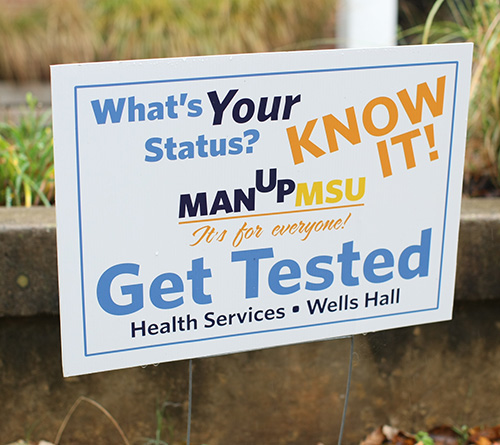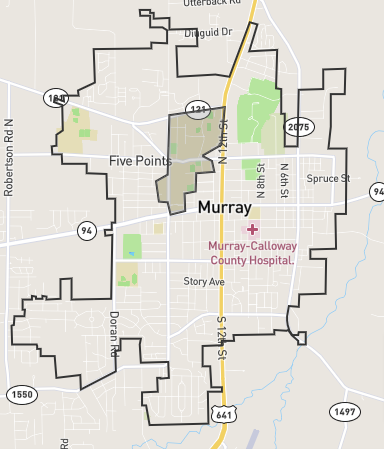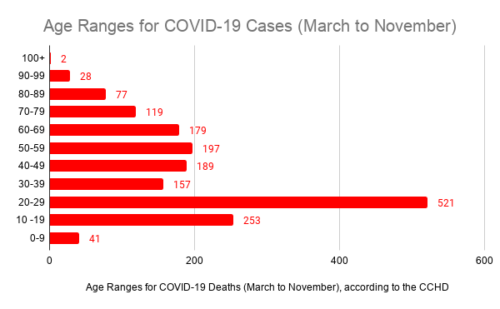
“Man Up Monday,” a program created by Health Services, urges men on campus to get tested for HIV and STIs.
“Man Up Monday” is a program Health Services started to allow students to get free HIV and sexually transmissible infection tests. The program started Oct. 20 and it was created to spread awareness about testing.
The idea of “Man Up Monday” came from “The Monday Campaigns” from Columbia University in New York City. “The original intention of the program was to encourage men and women, but particularly men, to take stock of their health,” said Judy Lyle, associate director of Health Services.
Although the program is called “Man Up Monday,” it is not exclusive to men, Lyle said. Women are encouraged to get tested as well.
The design was to get men to check in on their health and get tested, Lyle said.
Twenty-six percent of all new HIV-infected people are aged 13 to 24, placing college-aged students in the middle of those most at risk, according to the Center for Disease Control.
“In past years, HIV testing could not be done on campus, it had to be done elsewhere, and it was something that I really wanted to bring to campus because it is convenient to get people used to using our services, and it is free,” Lyle said.
The program informs students about the risks of contracting HIV or STIs and shows them how to minimize those risks.
Approximately 20 million young people, from ages 15-24, are diagnosed each year.
The campaigns first premiered on campus in the spring of 2013.
“What the first semester really did was poster production and we paid for some other things; since then we have gotten a $5,000 grant to promote the program,” Lyle said.
The yard signs promoting the program line the sidewalks on campus. “This year we have really cool postcards that Alliance does really good about passing them out for us,” Lyle said.
On the back of the postcard the hours and what students can do to get the free tests are listed.
Compared to the first semester, the program is doing better. In the first semester, only about 10 tests per month.
“This year we have used the postcards, the yard signs, word of mouth, and we are doing two tests or more a week,” Lyle said.
Requests for testing have increased in recent months, she said.
“They are thinking about it when they start a relationship, if they are changing relationships, or if they got a problem,” Lyle said.
Another $1,000 grant was given to purchase the HIV tests.
Health Services uses OraQuick, in which a small paddle is run along the gum line and put in a solution for 20 minutes, Lyle said.
“If a test were to come back positive we would not assume it is positive, we would send the person to the health department for further testing,” Lyle said.
About 60 percent of people with HIV do not know that they have it, according to the CDC.
Story by Brittany Risko, Staff writer


































































































